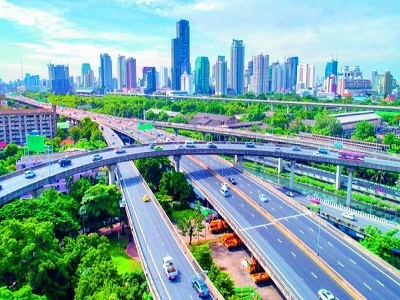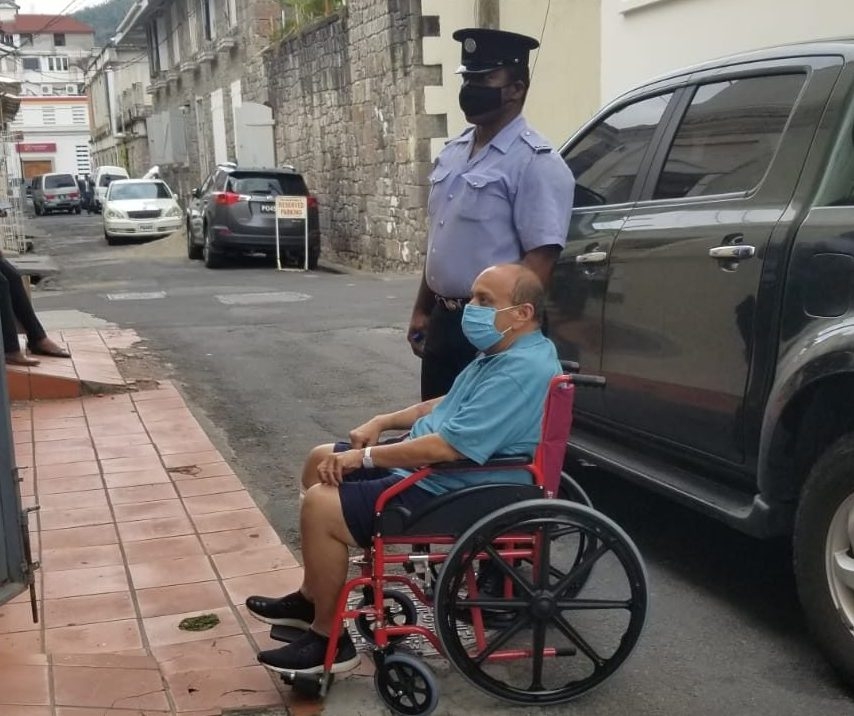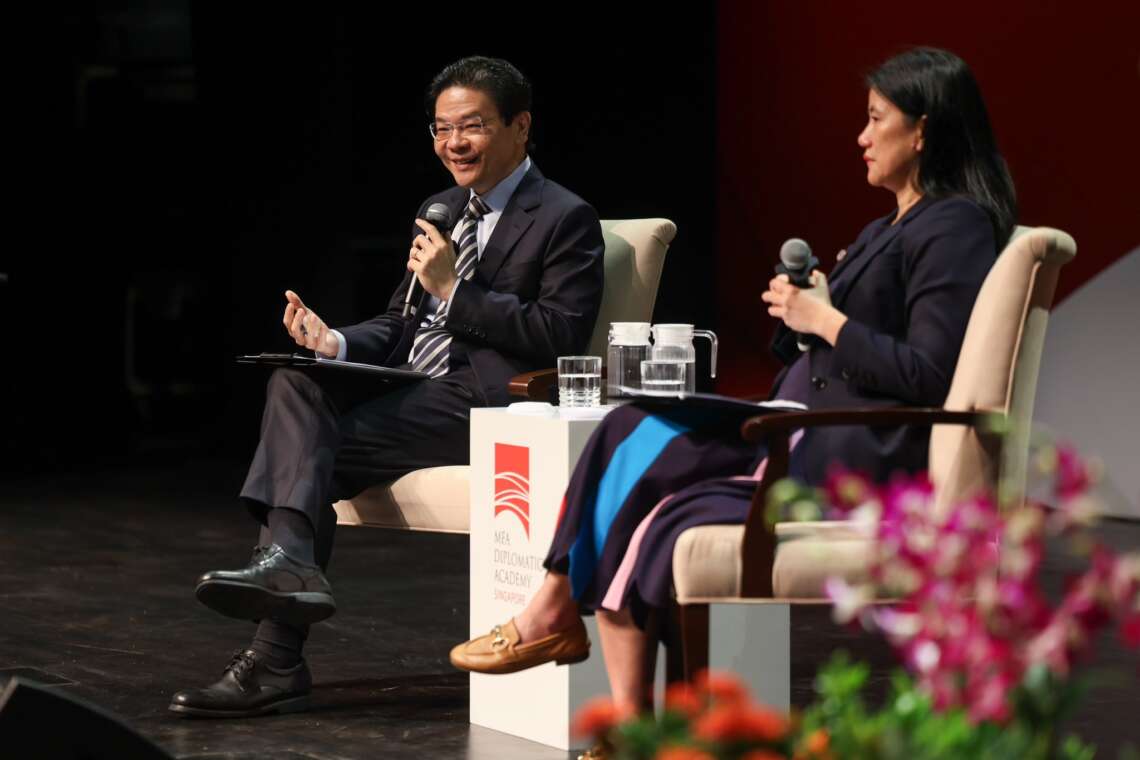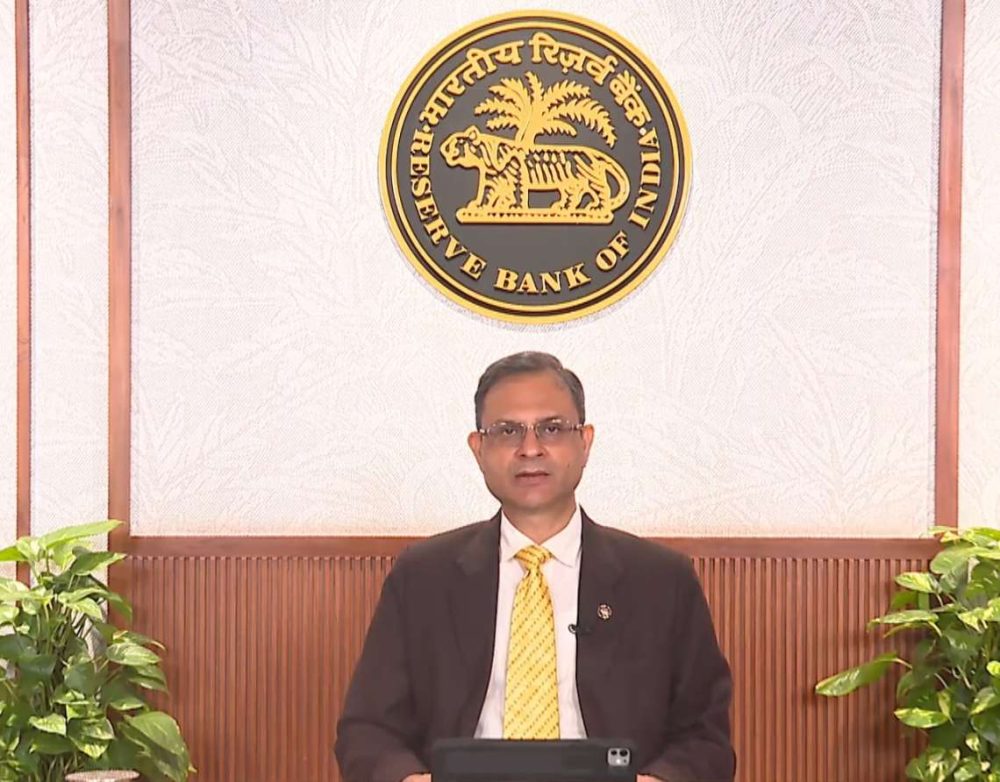At the heart of this initiative is the Department for Promotion of Industry and Internal Trade (DPIIT), which conducted a high-level review meeting chaired by its Secretary, Amardeep Bhatia.
The Government of India has stepped up efforts to accelerate the implementation of 17 major infrastructure projects worth over ₹14,096 crore across the states of Uttar Pradesh, Haryana, Punjab, and Uttarakhand. At the heart of this initiative is the Department for Promotion of Industry and Internal Trade (DPIIT), which conducted a high-level review meeting chaired by its Secretary, Amardeep Bhatia.
Held under the aegis of the Project Monitoring Group (PMG), the review session brought together senior officials from central ministries, state governments, and project proponents to address 19 outstanding issues hindering progress. The primary objective was to identify bottlenecks and fast-track solutions through improved coordination among ministries and states.
Speaking at the meeting, Bhatia reaffirmed the Centre’s commitment to delivering timely infrastructure development, which he described as “vital to sustaining India’s growth momentum and supporting inclusive development.” He urged all stakeholders to proactively resolve issues and take full advantage of the PMG platform for smoother project execution.
The 17 infrastructure projects are worth over ₹14,000 crore in Uttar Pradesh, Haryana, Punjab, and Uttarakhand, focusing on roads, healthcare, and education through coordinated review and monitoring.
Among the most prominent initiatives under review was the four-laning of the Jaunpur-Akbarpur road in Uttar Pradesh. Valued at ₹3,164.72 crore, this highway project involves two major work packages and is expected to enhance connectivity in eastern Uttar Pradesh—an area critical for both commercial and commuter transit. The improved road infrastructure is also seen as a key enabler for regional economic integration and logistics efficiency.
The meeting also spotlighted several planned Employees’ State Insurance (ESI) hospitals at key locations across the four states. These facilities are part of the government’s broader strategy to bolster healthcare access in underserved regions. According to officials, the new ESI hospitals will significantly improve medical infrastructure and cater to the needs of industrial workers and their families.
“The ESI hospital projects represent not just a healthcare upgrade but a welfare boost for thousands of workers who drive the region’s industrial base,” Bhatia said, adding that these initiatives are closely aligned with the government’s vision of inclusive growth through accessible public services.
Another major focus of the review was the construction of the permanent campus for the National Institute of Technology (NIT) Uttarakhand at Sumari in the Pauri Garhwal district. This long-awaited campus is designed to provide a cutting-edge academic and administrative environment, laying the groundwork for world-class technical education in the hill state.
Once operational, the NIT campus is expected to play a transformative role in the region—both by enhancing the quality of higher education and by generating positive spin-offs for local employment and economic activity. Officials described the project as a “model of decentralised academic development,” and noted its potential to elevate the state’s standing in national research and innovation networks.
In addition to these headline projects, the DPIIT-led meeting addressed a host of interlinked infrastructure concerns ranging from land acquisition delays and utility clearances to environmental permissions. The government is seeking to standardise and streamline these procedural aspects to ensure that infrastructure works are not unduly stalled.
Bhatia also made a call to the private sector to engage more vigorously with the PMG platform, which facilitates government-industry collaboration and offers a structured mechanism for grievance redressal. “The success of these projects depends not just on government initiative but also on robust industry participation,” he said.
The DPIIT is expected to continue such regional review meetings throughout the year, focusing on high-impact infrastructure projects in other parts of the country. These meetings form part of a broader strategy to keep India’s infrastructure pipeline on track, with particular attention to state-level execution challenges.
With the Centre doubling down on infrastructure as a key pillar of economic revival and resilience, these coordinated efforts between the Union and state governments aim to unlock long-delayed investments and fast-track the country’s development agenda.














